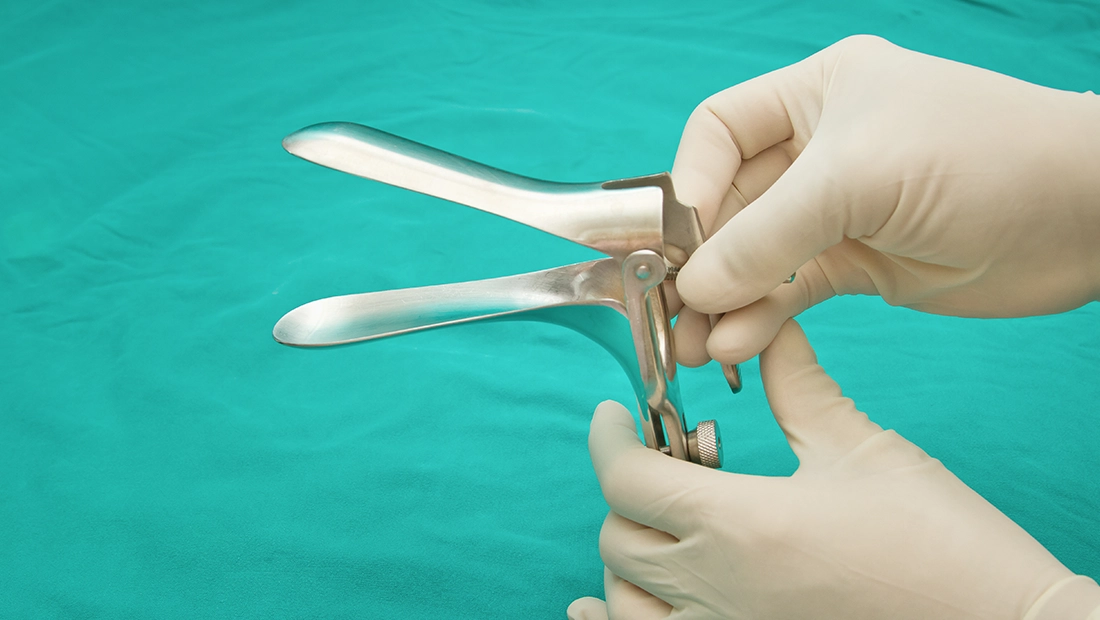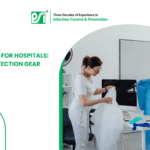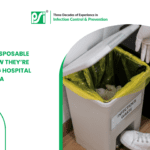Complete Guide to the Plastibell Circumcision Device
Circumcision is a common surgical procedure that involves the removal of the foreskin from the penis. One popular method used for circumcision is the Plastibell circumcision device. This article aims to provide a comprehensive guide to the Plastibell circumcision device, specifically in the context of India. We will explore the procedure, its benefits, and considerations for parents contemplating this option for their infants. With a focus on safety and efficacy, the Plastibell circumcision method has gained popularity in India, and understanding its procedure is crucial for informed decision-making.
Understanding the Plastibell Circumcision Device
A Plastibell circumcision device is a specialized tool used for circumcisions. It is a small, plastic ring with a groove on its inner surface that is placed over the glans (head) of the penis. The foreskin is then stretched over the ring and secured with a suture or ligature tied around the groove. Over time, the excess foreskin dries up and falls off, leaving behind a healed circumcision.
Procedure and Benefits
The Plastibell circumcision procedure typically takes about 10-15 minutes and is often performed by a trained healthcare professional. The steps involved are as follows:
1. Preparation: The penis is cleaned and sterilized, and the appropriate-sized Plastibell device is selected.
2. Anesthesia: Local anesthesia, usually in the form of a numbing cream or injection, is administered to ensure the infant’s comfort during the procedure.
3. Plastibell Placement: The Plastibell device is placed over the glans and the foreskin is pulled over it. The device is secured with a suture or ligature tied around the groove to prevent any movement.
4. Healing Process: Over the next few days, the Plastibell device acts as a protective barrier, allowing the excess foreskin to dry up and separate from the glans. Eventually, it falls off, leaving a healed circumcision.
The Plastibell circumcision method offers several benefits, including:
1. Reduced Bleeding: The device’s design helps minimize bleeding during the procedure, resulting in less discomfort and faster healing for the infant.
2. Lower Risk of Infection: Plastibell circumcision provides a controlled environment that reduces the risk of infection, ensuring a safer healing process.
3. Simplicity and Speed: The procedure is relatively quick, and straightforward, and has a shorter recovery time compared to other circumcision techniques.
Considerations for Parents
When considering the Plastibell circumcision device for their child, parents should keep the following points in mind:
1. Consultation: It is crucial to consult with a qualified healthcare professional who can assess the infant’s suitability for the procedure and address any concerns or questions.
2. Timing: The optimal age for circumcision varies, but it is often performed within the first month or two of an infant’s life. Discussing the timing with the healthcare professional is essential.
3. Risks and Complications: While the Plastibell method is generally safe, there are still potential risks and complications involved, such as excessive bleeding, infection, or injury. Parents should be aware of these risks and understand the signs of potential complications.
4. Aftercare: Proper aftercare is essential for a successful healing process. This includes regular cleaning of the area, applying prescribed ointments, and avoiding activities that may disrupt the healing process.
5. Cultural and Religious Considerations: Circumcision is often performed due to cultural or religious reasons. Parents should ensure they understand and respect their own beliefs and values before making a decision.
Conclusion
The Plastibell circumcision device offers a safe and effective method for performing circumcisions in infants. With its benefits of reduced bleeding, lower risk of infection, and simplicity, it has gained popularity in India and around the world. However, it is essential for parents to carefully consider various factors, including consultation with healthcare professionals, understanding the risks and complications, and providing appropriate aftercare. Cultural and religious considerations also play a significant role in the decision-making process. By being well-informed and making thoughtful choices, parents can ensure the well-being and comfort of their child during the circumcision procedure using the Plastibell device.



